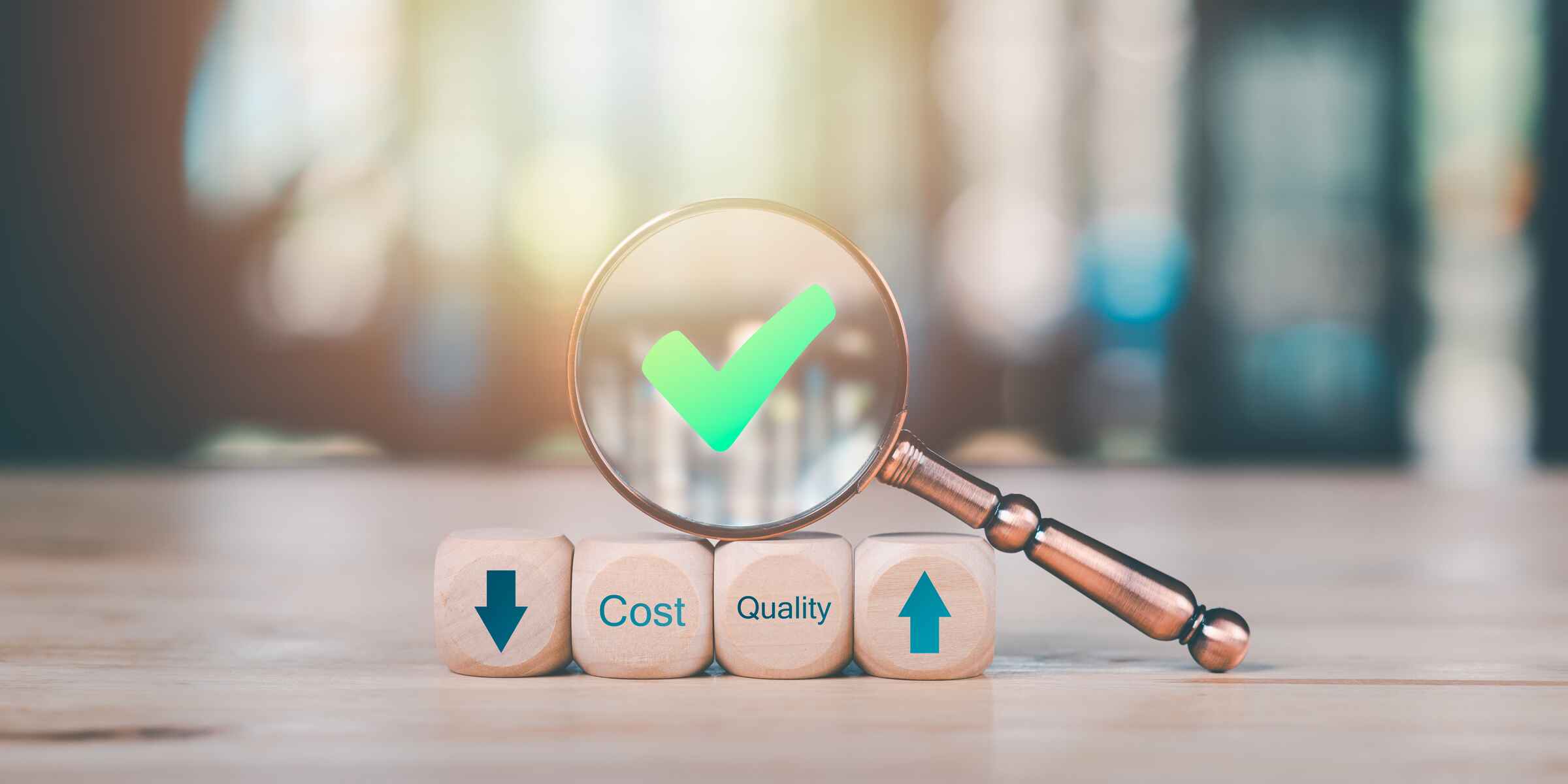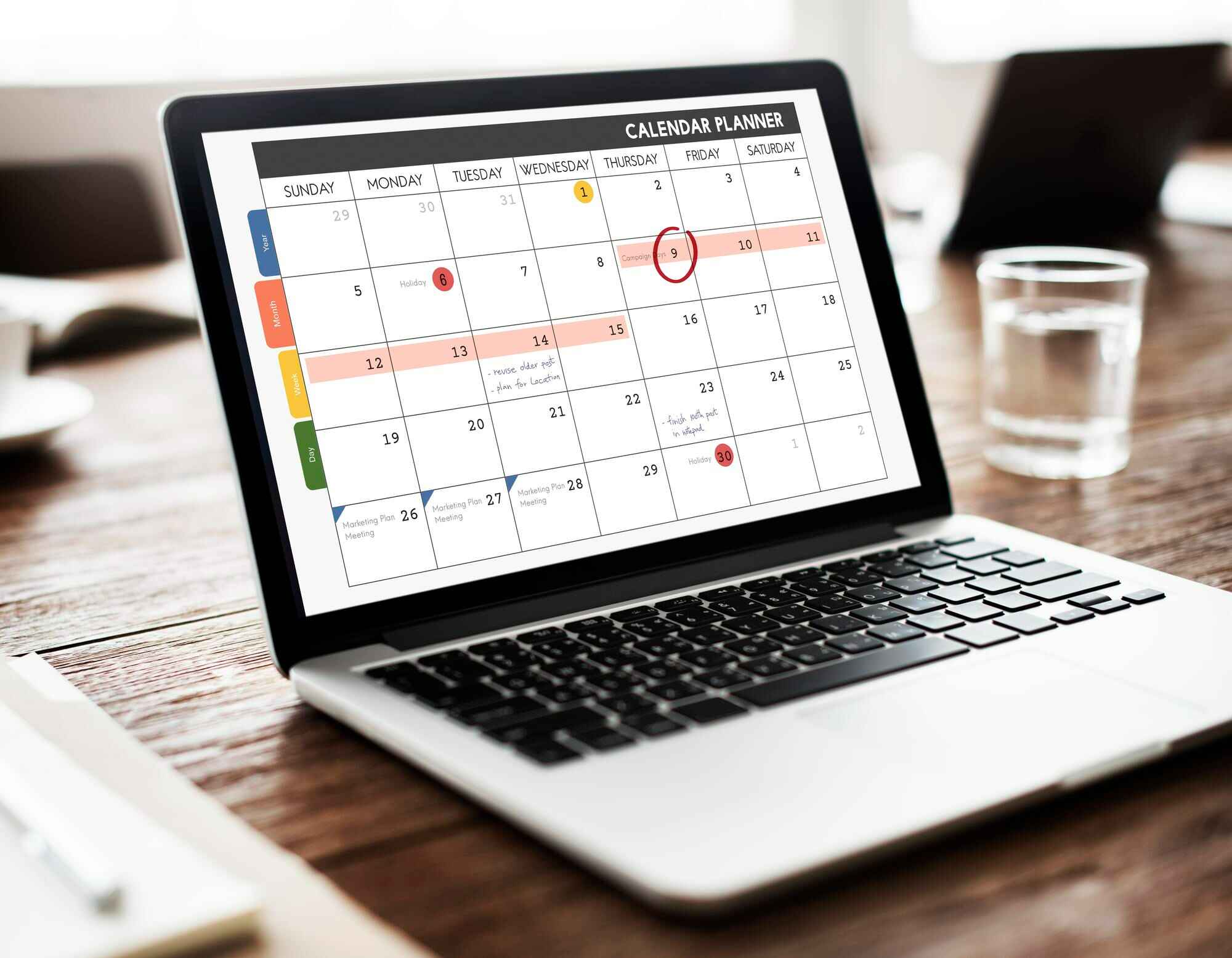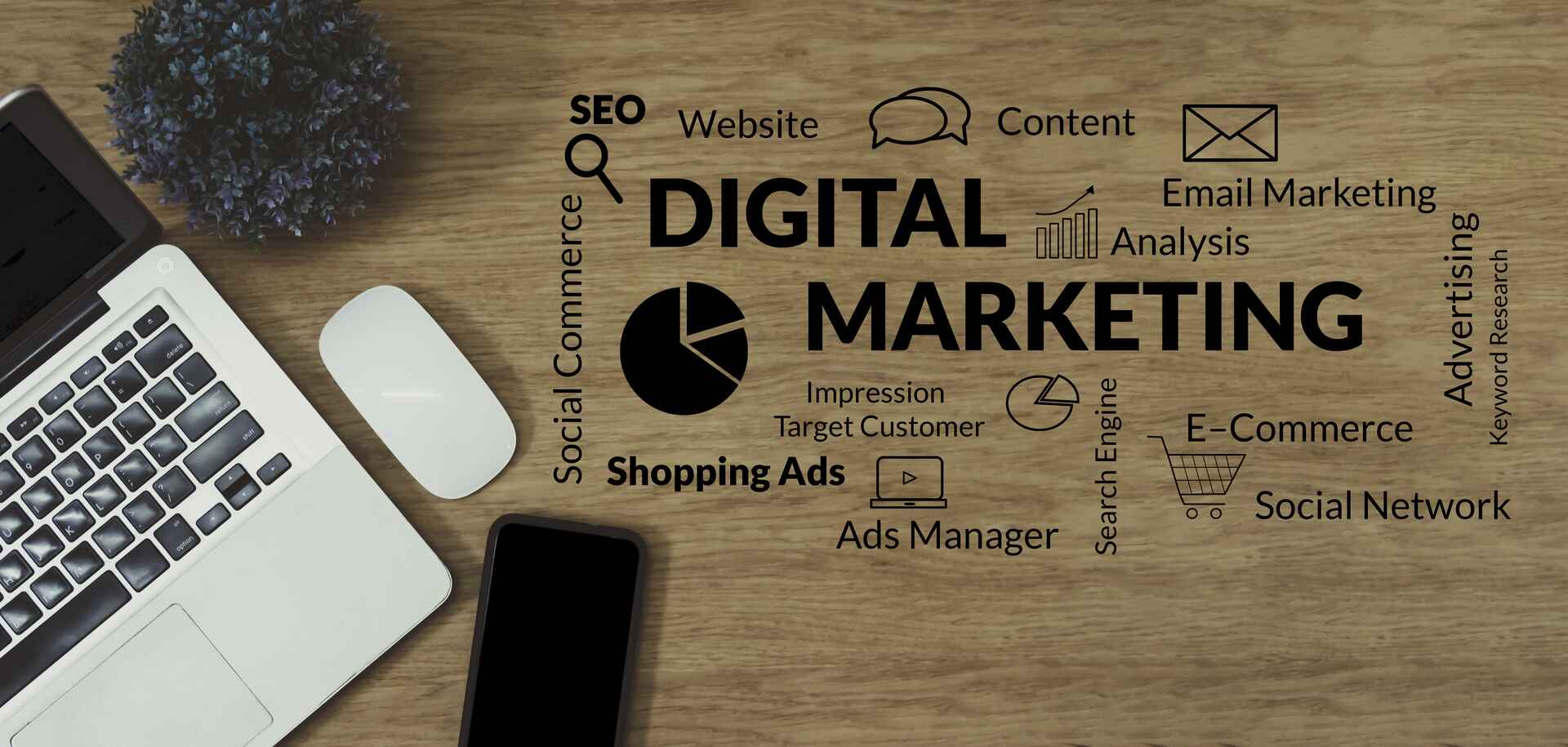Choosing the right web development partner can make or break your business website. With so many options available, it’s important to know exactly what you’re looking for and how to evaluate potential partners effectively.
In this guide, we’ll cover everything from defining your website goals to building the successful partnership with your web development partners. You’ll have a clearer idea of how to find the right web development partner for your business website.
1. Defining Your Business Website Goals

Before jumping into the web development process, it’s crucial to define what your business website needs to achieve. A clear vision will ensure that you and your web development partner are on the same page and avoid unnecessary mistakes along the way.
Understanding Your Target Audience
Understanding your target audience is crucial for designing an effective website. Whether you’re an urban entrepreneur or a tech-savvy startup, your website’s design should reflect your audience’s needs and preferences. Remember, your audience is your potential customer. Consider their values and tailor your website to meet their expectations.
Establishing Core Functions
Your business website should serve a purpose beyond just existing online. Do you need an e-commerce platform, a portfolio website, or a simple landing page? Defining the core functions early will help streamline the development process and avoid unnecessary features. Confuse about the differences between website and landing page? Click here to find out more.
Brand Alignment
Your website is a digital representation of your brand. From the colours to the layout, everything should align with your brand identity. A well-thought-out design will create a consistent brand experience, which is crucial for building trust and recognition.
Setting Measurable Goals
What are the specific outcomes you want to achieve with your business website? Whether it’s increasing online sales or generating more leads, setting measurable goals helps you and your web development partner track progress.
2. Evaluating Web Development Agencies

Once your goals are set, it’s time to evaluate potential web development agencies. Not all agencies are created equal, so a careful evaluation is essential. Let’s dive into a few important ways to evaluate potential partners.
Checking Experience and Expertise
Look at the agency’s experience and areas of expertise. Are they familiar with the type of business website you want to build? Are they understand local rules and regulations? If you’re a Malaysian small business, choosing a partner like Zoomo Tech that understands the local market can be advantageous.
Exploring Past Projects
Ask to see examples of their previous work or directly search for their portfolio on Google. If their portfolio includes successful projects in your industry, that’s a great sign. Examine the design, functionality, and usability of the websites they’ve developed.
Technical Capabilities
It’s important to assess the agency’s technical skills. Do they work with the platforms or technologies you prefer? Whether it’s WordPress, custom code, or e-commerce integrations, ensure they have the expertise you need.
3. Importance of Experience and Portfolio

An agency’s portfolio says a lot about their expertise. Experience in your niche can make the difference between a good and great website for your business.
Relevant Industry Experience
Industry-specific experience allows web developers to understand your business’s unique needs. For instance, Zoomo Tech has worked with local startups and SMEs, understanding challenges like budget constraints and competitive market demands.
Diverse Project Portfolio
A diverse portfolio shows flexibility and creativity. Whether it’s a clean, minimalistic corporate site or a vibrant, interactive retail website, look for a partner with a wide range of successful projects.
Demonstrated Problem-Solving Skills
A great portfolio showcases more than just pretty designs. It should demonstrate the agency’s ability to solve real business challenges through smart web solutions, like improving user engagement or boosting conversion rates.
Innovation and Latest Trends
A capable agency stays up to date with the latest web development trends and technologies. If their portfolio reflects innovative use of design, features, and user experience, that’s a strong indicator of their skills.
4. Asking the Right Questions: Web Development Insights

Asking the right questions can save you time, money, and headaches. This section covers the questions you should ask when choosing a web development partner.
What’s Your Process for Understanding My Business?
This question ensures the agency will take the time to understand your unique business needs and not just jump straight into design.
How Will We Communicate During the Project?
Clear communication is critical for project success. Find out how often they will provide progress reports, and through which channels. Zoomo Tech, for example, prioritises regular updates to keep clients in the loop. We used to have weekly progress meetings with our customers, either in face to face or via Zoom.
What’s Your Approach to SEO?
Your business website needs to rank well on search engines. Ask about the agency’s SEO strategies, ensuring they’ll optimise your site for better visibility.
What Support Do You Offer After Launch?
Maintenance is often overlooked. A good development partner will offer support even after the site goes live, handling updates and troubleshooting.
5. Balancing Quality and Budget in Web Development

Striking the right balance between quality and budget is extremely important. You don’t want to overspend, but under-allocating a budget can result in poor quality that hurts your business.
Setting a Realistic Budget
First, define how much you’re willing to invest in your business website. Understand that good quality doesn’t come cheap, but it doesn’t have to break the bank either. Discuss the scope of work and your budget with your web development partner, like Zoomo Tech. We’ll do our best to deliver your website within your budget without compromising quality. If you still confuse what is a realistic budget, contact us to find out more.
Understanding Cost Drivers
Certain factors drive up the cost of web development, such as custom features, integrations, and tight deadlines. Knowing what affects the cost can help you decide what’s essential and what you can save on.
Investing in Key Features
While budget is important, some features are worth the investment. Prioritise areas that directly impact user experience, like fast loading times, responsive design, and security. Find out more about the Essential Features for your website here.
Getting Value for Money
Ensure that the agency is transparent about costs and what you’re getting for your money. A good development partner will deliver a website that offers great value, making every ringgit spent worthwhile.
Trusting Their Expertise
While it’s important to voice your business needs, trusting your development partner’s technical expertise is equally crucial. Web developers have in-depth knowledge of best practices, tools, and trends that can benefit your business website. Let them guide you with professional recommendations to create a more polished and functional site.
6. Ensuring Timely Delivery and Maintenance Support

When developing a business website, sticking to deadlines and securing ongoing support are crucial for a smooth experience. A reliable web development partner should prioritise both.
Setting Clear Timelines
Establishing a clear project timeline from the beginning is essential. Your web development partner should provide a detailed schedule with milestones, so you know exactly when to expect each phase to be completed.
Handling Delays
Delays can happen, but how your partner handles them is what matters. Ask about their contingency plans and how they will communicate any changes to the timeline. At Zoomo Tech, we prioritise open communication. If delays occur, we’ll keep our clients informed to avoid any surprises.
Ongoing Maintenance Support
A website requires regular maintenance to stay functional and secure. Make sure your development partner offers post-launch support, such as software updates, bug fixes, and security patches.
Handling Updates and Expansions
As your business grows, your website may need updates or expansions. Your web developer should be able to support future upgrades, ensuring your site evolves with your business without needing a complete overhaul.
7. Collaboration and Communication with Web Partner

Successful web development requires collaboration between you and your chosen partner. Good communication helps ensure the project meets your expectations and avoids costly mistakes.
Establishing Clear Communication Channels
You need to know how and when your development team will communicate with you. Will there be weekly progress reports via email or project management software? It’s important to ensures regular communication, so you can feel connected to the process.
Setting Expectations for Collaboration
Set expectations early on regarding how involved you’ll be in the project. Some businesses prefer a hands-on approach, while others want to delegate more. Regardless, your developer should be flexible and accommodating to your working style.
Problem Solving Together
Inevitably, issues will arise during development. Your web development partner should be proactive in finding solutions and involve you in major decisions. Collaborative problem-solving ensures the best outcomes for your business website.
Feedback Loops
A two-way feedback system is essential. You should be able to provide input during key stages, such as the design phase or prototype reviews. Make sure your web developer is open to making necessary adjustments based on your feedback.
Feedback Loops for Continuous Improvement
Even after the website launches, the relationship shouldn’t end. Establishing feedback loops ensures that you can continuously refine your website as your business evolves. Be sure to request post-launch support to fine-tune features or address any issues. This approach fosters long-term success and builds trust between you and your web development partner.
Growing Together Over Time
As your business expands, your website should evolve too. A reliable web development partner will be able to scale up the site as your needs change. From adding new functions to handling increased traffic, having the right team by your side makes future growth easier.
Conclusion
Choosing the right web development partner involves setting clear goals, evaluating experience, asking insightful questions, and balancing quality with budget. Good communication, timely delivery, and ongoing support are essential. Successful partnerships result in well-executed business websites that can grow with your company’s needs.
At Zoomo Tech, we specialise in developing custom business websites that align with your goals. Whether you need a strong e-commerce platform or a sleek portfolio site, our team provides tailored solutions, ensuring smooth collaboration and top-notch results for your business. Talk to us, let’s build your success together!




